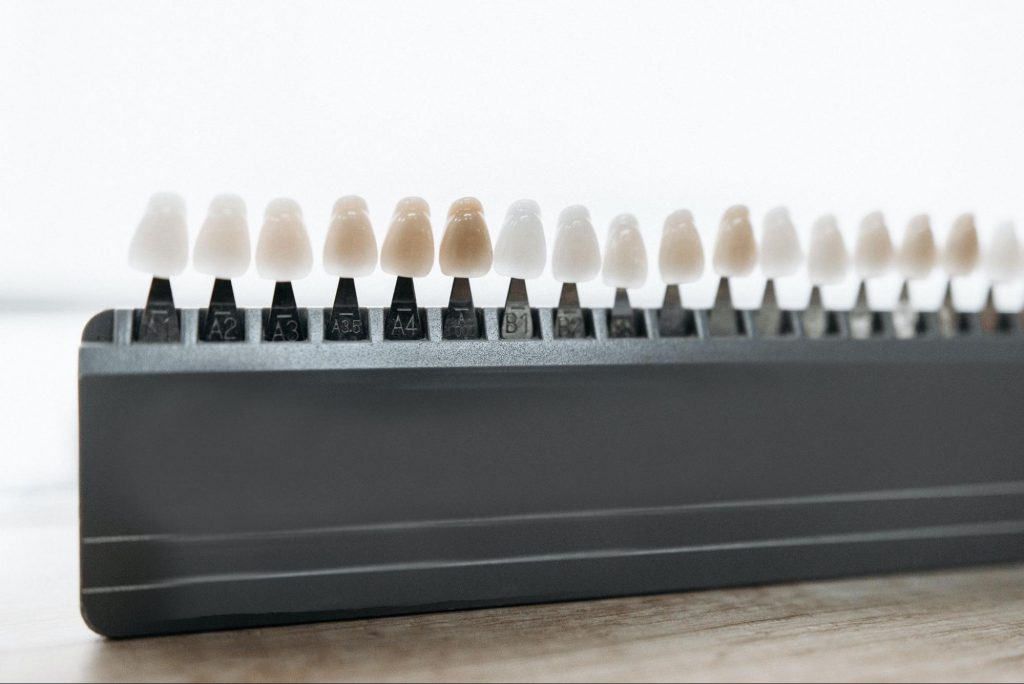
Having a bright smile is a wonderful thing! But unfortunately, it’s not something that comes to everyone naturally. There are orthodontic treatments available, but these aren’t suitable for every case. For this reason, many people opt for veneers in order to enhance their mouth and create the smile that they desire. A stalwart presence in modern cosmetic dentistry, veneers are fitted over your teeth to create the effect of an even, gleaming smile. They’re less invasive than implants or dentures and can be an effective way to create the perfect look for your teeth, provided you don’t have any underlying issues with your teeth.
There are two primary types of veneer — porcelain and composite. Both of them have their own distinct features and advantages, but the main question that people tend to have is which veneers last longer? Let’s take a closer look at both types and break down some of their advantages.
Also known as resin veneers, composite veneers are fitted directly over the patient’s tooth. They’re easy to install — usually, they can be done on the same day as the initial consultation — and notably cheaper than the porcelain variety. They’re not permanently affixed and can be removed if and when it becomes necessary. With that said, there are some tradeoffs. They tend to look less natural than porcelain veneers when viewed next to one another, and accordingly, they’re often used to even out crooked or uneven teeth as opposed to giving you a whole new smile. Some people also opt to use them as a way to trial the look before going all-in with porcelain veneers.
So how long do composite veneers last? As a general rule, it’s 4-8 years. Composite veneers do chip more easily than porcelain veneers, but the upside is that they can be patched over time by your dentist and upgraded incrementally — something that’s much more difficult to do with porcelain veneers. Accordingly, it’s rare to find yourself needing to replace a large collection of composite veneers all at once.
Porcelain veneers are a more permanent option; the teeth set to be covered by the veneer are filed down slightly, allowing them to create a better surface for the veneer to be attached. They’re more expensive than composite veneers, but they do create a more natural finish, and it’s easier to match specific preferred colours for the teeth themselves.
But how long do porcelain veneers last? If they’re properly cared for, porcelain veneers can last for 10-15 years. However, it’s important to note that while porcelain veneers are tougher to damage than their composite counterparts, they are still subject to wear and tear. Replacements can be quite costly, so it’s worth considering what sort of look you want to opt for long-term.
How long do veneers last? In part, it’s up to you and how well you look after them. Both composite and porcelain veneers have their distinct pros and cons, so it’s important to make the decision that’s right for you. Which type is right for you is usually influenced by a variety of different considerations. How many teeth are being covered? What sort of look do you want your smile to have? What underlying issues with your teeth are present?
These considerations — and more — can be discussed with the expert team at iSmile. We’ll be happy to explain which veneer options are best for your needs, as well as the best ways to maintain them for longevity. So why not reach out to us today? We look forward to helping you create the mouth that you want.